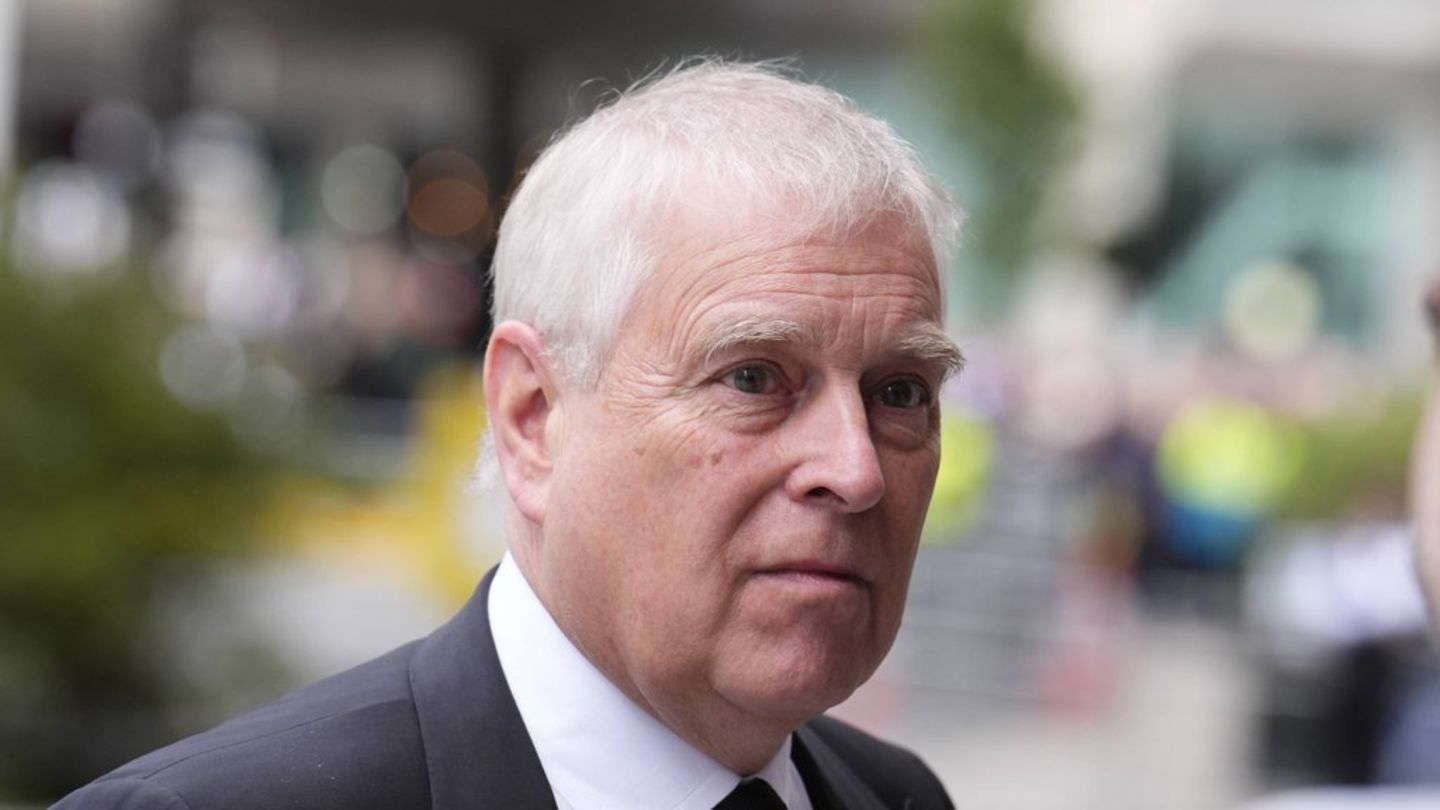The car manufacturer Opel is focusing on electric cars. The Chancellor is convinced that the courage to change will also prevail against international competition.
Chancellor Olaf Scholz warns against sealing off European markets from foreign competition. “We are not closing our markets to foreign companies. Because we don’t want that to happen to our companies either,” said the SPD politician on Saturday at a ceremony to mark “125 years of automobile manufacturing at Opel” at the manufacturer’s main plant in Rüsselsheim.
Protectionism and illegal tariff barriers “ultimately only make everything more expensive and all of us poorer.” Scholz stressed: “I have no doubt: We will be at the forefront of this century with our automobile industry if we focus on progress and innovation.” But for that we also need “fair and free world trade.”
In mid-May, the USA imposed special tariffs of 100 percent on electric car imports and other products from China. The USA accuses Beijing of distorting competition through significant state subsidies. The EU is also investigating Chinese influence on the electric car market. It has not yet been decided whether the Europeans will impose punitive tariffs.
Opel focuses on e-mobility
Opel wants to pursue its course towards electromobility even more decisively, as Opel boss Florian Huettl announced on the anniversary: ”From 2025, every new Opel model will be purely battery-electric.” At the end of April, when presenting a new electric model at the Eisenach plant, Huettl reiterated the manufacturer’s goal of only offering electric cars in Europe from 2028: “We are clearly sticking to our plan, including in terms of speed. We can only make this dependent on politics to a certain extent.” The expiration of the federal government’s e-subsidy in December had caused uncertainty in the electric car market.
Scholz told the assembled Opel employees: “You will prevail in fair competition, even against new competitors, for example from China.” On the day before the European elections, the Chancellor declared his commitment to climate-friendly restructuring of the economy – including in the transport sector: “We are committed to the expansion of electromobility. Anyone who wants to reverse this now is not only endangering everything that has been achieved so far, but is also endangering our prosperity and our future as an industrial nation.”
From sewing machine manufacturer to car manufacturer
The history of the automobile at Opel goes back to 1899: 125 years ago, the sewing machine and bicycle manufacturer built its first automobile, the “Patent Motor Car System Lutzmann”. Before that, Opel had taken over the Anhaltinische Motorwagenfabrik of the automobile pioneer Friedrich Lutzmann and relocated it from Dessau to Rüsselsheim near Frankfurt/Main.
After almost 90 years in the US group General Motors, Opel was taken over in the summer of 2017 by Peugeot’s parent company PSA, which has since merged with Fiat-Chrysler to form Stellantis. As the only German brand in the European-American group, Opel has been making money again for several years – after cutting thousands of jobs and downsizing its locations. In addition to its headquarters in Rüsselsheim, Opel has plants in Eisenach and Kaiserslautern.
Source: Stern




